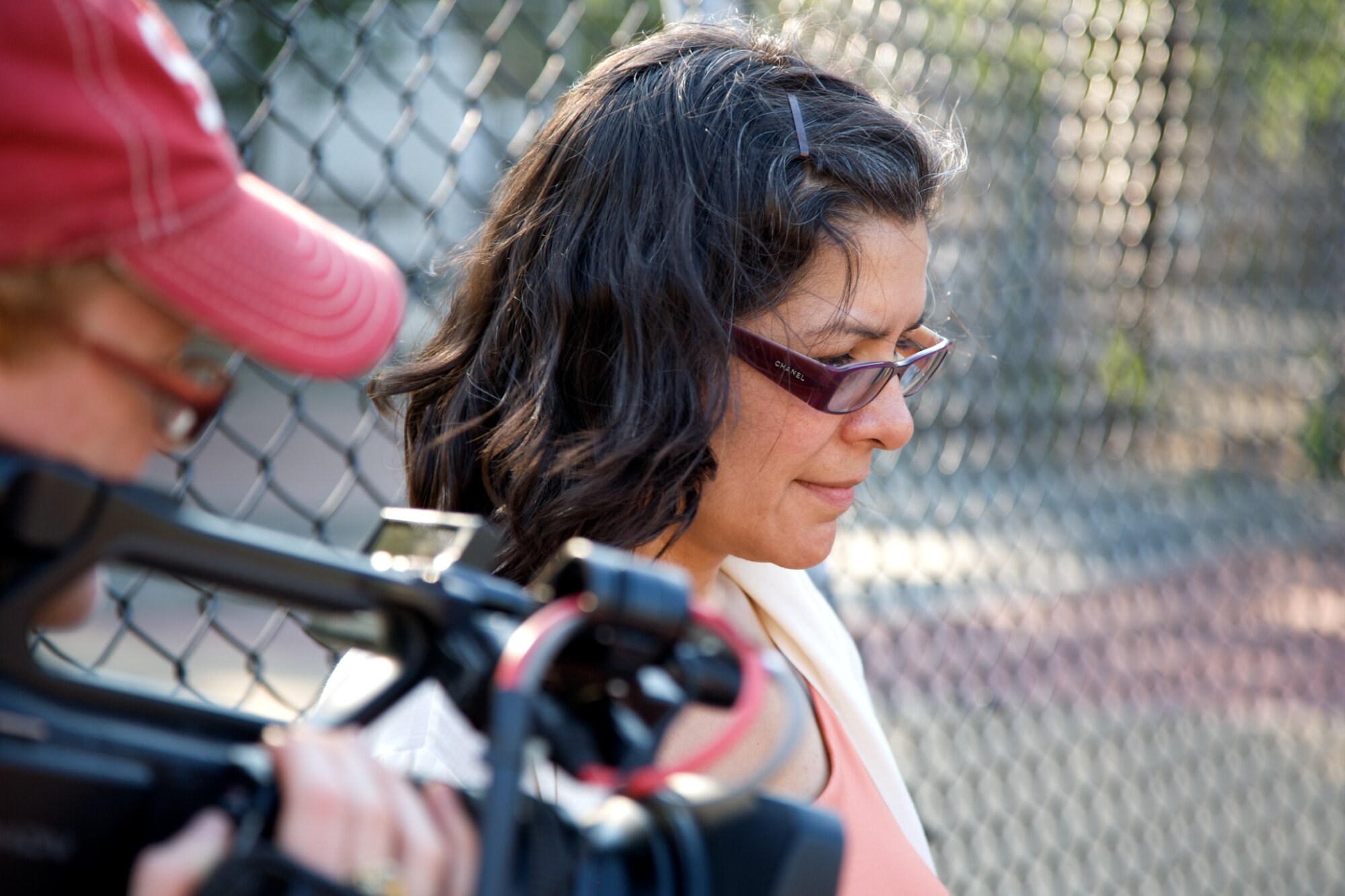Core Values for Ethical and Accountable Nonfiction Filmmaking
Integrate anti-oppression practices into your work
As part of your commitment to tell honest, independent, undertold stories in your work, be clear about what being anti-oppressive means in this instance. Consider whether or not you are the best person to tell this story/make this film. Additionally, consider whether or not this story should be told in the first place, and how your telling of the story supports or undermines the agency of the person or people whose story you are documenting.
Be transparent in your relationships
Filmmakers explain to participants, supporters and funders what they are attempting/doing, and why. This kind of transparency engenders trust, reduces the chance of misunderstanding, and registers respect.
Acknowledge your positionality
As a filmmaker, you assume the ability to shape and interpret stories - your own and those of others. A values-based filmmaking practice requires an acknowledgement and deep examination of your lens, preconceptions, and the responsibility you hold as a steward of stories. Regardless of the power you possess in your daily life based on your own intersectional identity, when you pick up a camera you wield power.
Respect the dignity and agency of the people in your film
The participants in your film(s) have agency over their stories and are experts in their experience. Incorporate their feedback and judgement into your production practice in deeper ways than the industry currently expects. This will engender trust, provide nuance to the film, and communicate your respect for the expertise of your participants.
Prioritize the needs, well-being and experience of the people associated with your film
Typically, the director controls most elements that shape the experiences of the crew and participants. Consider the ways that you and your team can cede and shift power to ensure that the production experience of your participants and all production and crew members is healing, empowering and ultimately fulfilling. By assuming the role of interpreter and director of a particular story, you have the opportunity to prioritize the needs, wellbeing, dignity, and experience of all those associated with your film.
Treat all potential audience members with dignity, care and concern
Audience members have their own stories and expertise that should be acknowledged. Your audience may include people who have more proximity to the story you’re telling than you. Consider the ways that your work may be read, interpreted and experienced by the people who have intimate knowledge of the story. Be clear about who your intended audience is, and what information you can add to their already established knowledge. Additionally, be responsible about the ways that your film could trigger/traumatize those audience members who have more experience with the film’s content.







